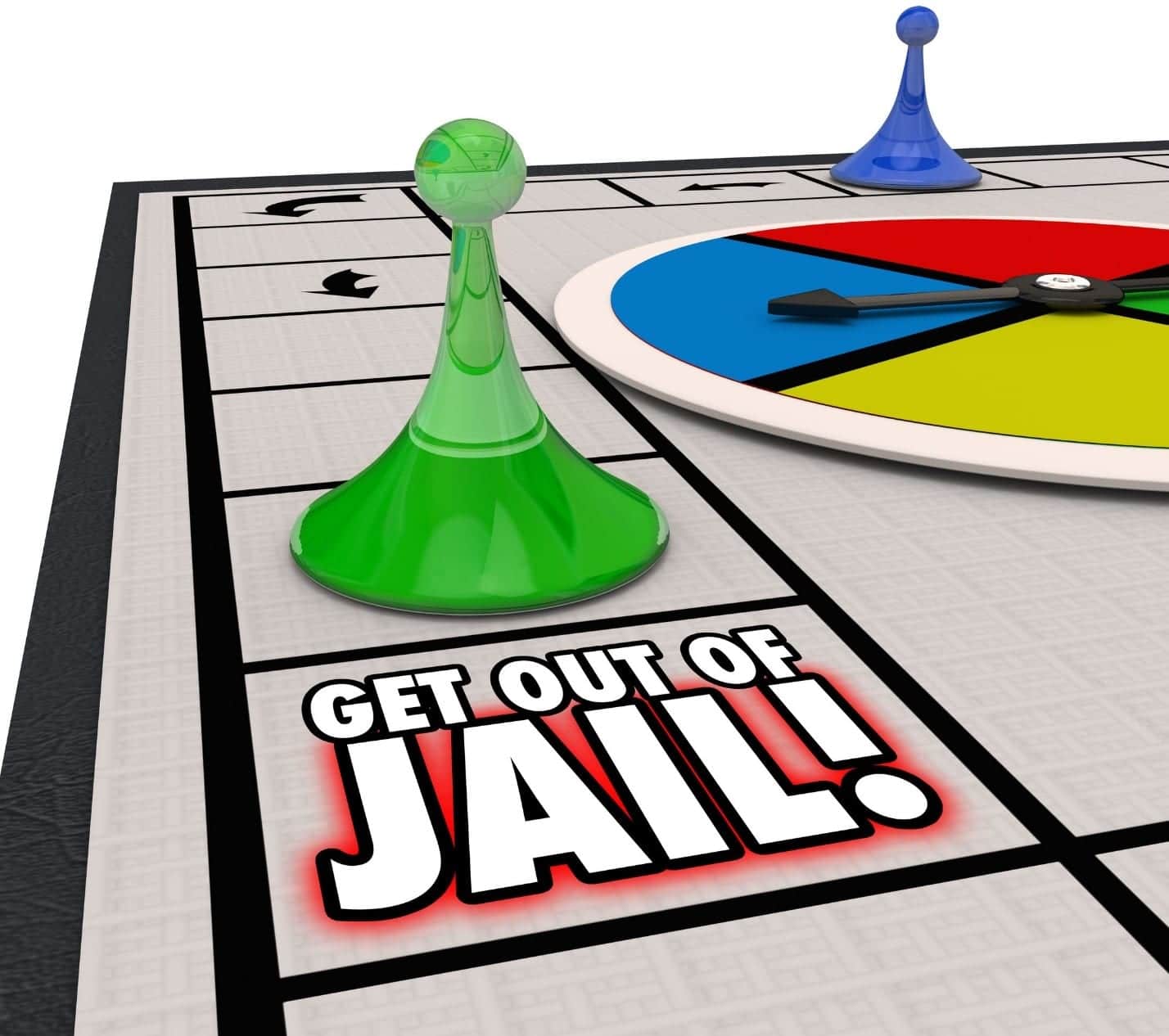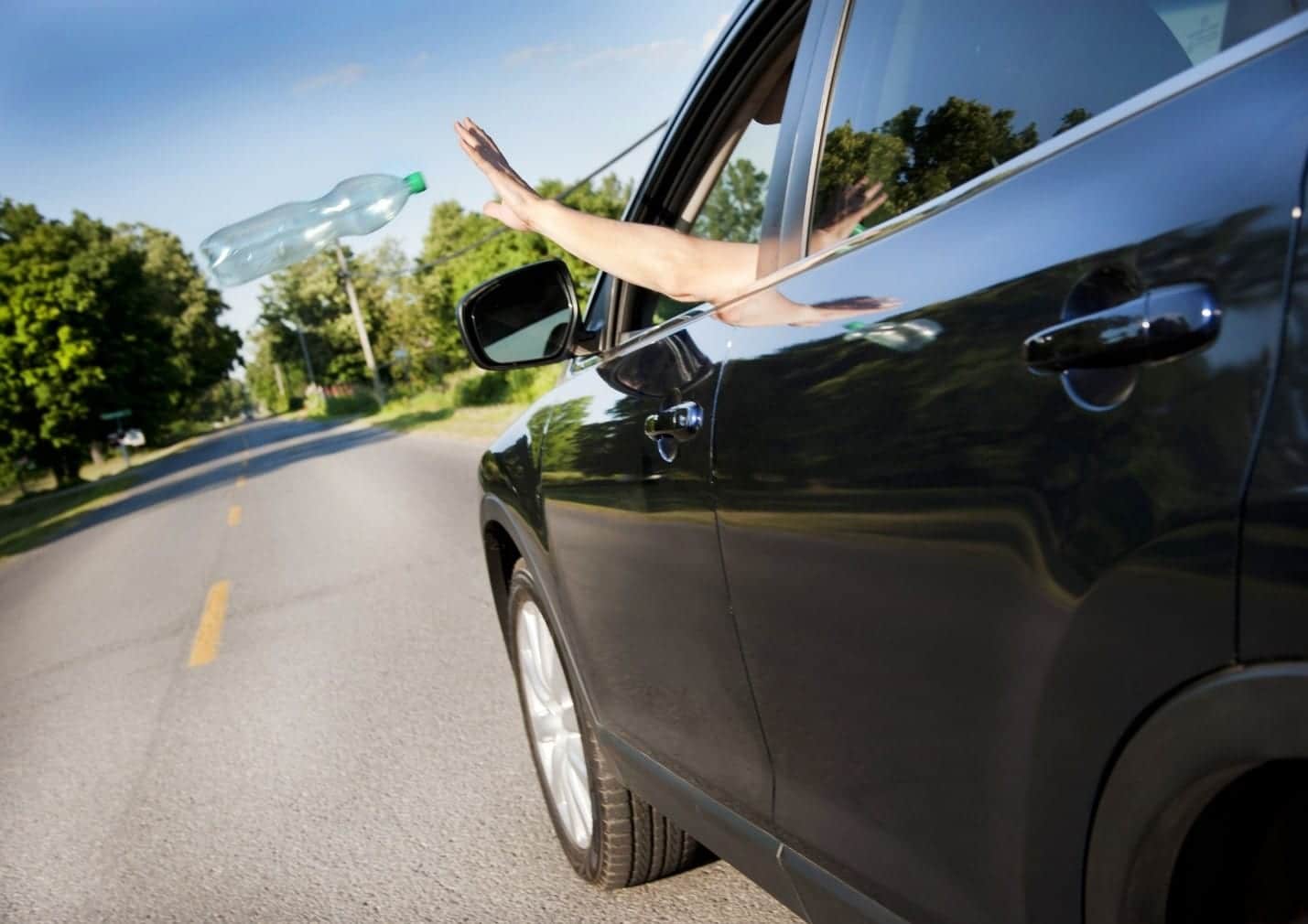
In Minnesota, several different diversion programs exist to help certain individuals avoid criminal consequences. These programs are designed to offer a fresh start to low-level offenders who have no prior criminal history.
Additionally, diversion programs help those who can’t make court appearances or afford to pay their fines, and they spare at-risk offenders from high fines, revoked licenses, and criminal records.
Because of this, the City Attorney’s office is hiring a new team of lawyers dedicated to reviewing cases that may be eligible for diversion programs.
How Does the Process Work?
During the charging phase, eligible defendants are contacted by the City Attorney’s office. If a defendant accepts the invitation to participate, they may be able to avoid court appearances and charges may be dropped in some cases.
Your defense attorney will know whether you are eligible for a diversion program. The prosecution may agree to a diversion program as part of a plea bargain. Agreeing to participate can help you avoid the stigma and hassle of a conviction.
You are automatically ineligible for a diversion program if you have a felony charge or if your charges involve assault. However, several programs exist that may be ideal for your situation.
What Diversion Programs May Be Available to You
Here’s a list of the programs available in Minnesota.
Driver Diversion Program
This program assists those who have lost their driver’s licenses due to unpaid citations. By participating, they can legally drive while working to have their license reinstated.
To be eligible for the program, individuals must first be approved by Driver and Vehicle Services. Common eligible offenses include driving after suspension and driving after revocation. Individuals will work out a payment plan for their fines, pay for vehicle insurance, and attend four hours of training sessions. While they are enrolled in the program, no other major offenses may occur.
Some conditions will render an individual ineligible for the program. These conditions include the following:
- Owing child support with no payment plan in place
- Having outstanding judgments
- Any vehicle accident cases
- Charges of fleeing an officer, criminal vehicular operation, vehicle theft, canceled IPS, DUI or DWI, or fifth-degree felony
To complete the program, individuals may be required to take a written test, driving test, or both.
They will pay a $30 reinstatement fee and receive their restored license. Over 12,000 participants have gained their licenses and their freedom back through this program since 2009.
Traffic Education
For those who have been charged with moving violations, this program offers an online course and exam to teach driving laws and good driving habits.
Shoplifting Diversion Program

If an individual has been convicted of theft or shoplifting at the misdemeanor or gross misdemeanor level, failed to pay for a cab, or failed to pay for a restaurant meal or drinks, they may be eligible for this program.
The program includes three hours of training and instruction in a classroom setting. Requirements may include writing an apology letter to the theft victim, paying restitution, or performing community service hours.
Interact Diversion Program
This program was developed to assist those convicted of misdemeanors for obstructing legal process with some petty misdemeanor charges attached. Participants must not have cases involving the threat of force or force used against an officer.
Rather than facing prosecution, offenders are invited to have a discussion with a police officer. The individual can speak about their viewpoint. Then they will hear why the charge was issued, and the police officer will explain law enforcement procedures to facilitate better understanding.
The goal of the program is to improve community interactions with police officers. When individuals gain understanding of police procedures, the potential for greater community outcomes increases.
Northern Star Juvenile Diversion Program
In 1996, this program was initiated to help juveniles revamp their futures and acquire the skills necessary for success. First-time juvenile offenders are eligible to participate. They must be between the ages of 13 and 18. The level of offense and other circumstances also inform eligibility.
The program offers structured activities to build self-image, improve views of law enforcement, and teach conflict resolution. About 80 percent of participants have avoided committing another offense.
Community Restorative Justice
This program works to facilitate meetings between an offender and community members. A restitution agreement is formed and acted upon by the offender, usually with community service hours or letters of apology.
Many misdemeanor offenses are eligible for this program, including the following:
- Disturbing the peace
- Indecency
- Alcohol-related offenses
- Drug-related offenses

- Littering
- Loitering
Still unsure if you are eligible for a diversion program? Contact an experienced Minnesota defense attorney today to understand the options available to you.
About the Author:
Christopher Keyser is a Minneapolis-based criminal and DWI defense attorney known for fighting aggressively for his clients and utilizing innovative tactics to get the most positive results. He has been featured in numerous media outlets due to the breadth and depth of his knowledge, and recognized as a Minnesota Super Lawyers Rising Star (2014–2015), a Top 100 Trial Lawyer (2013–2015), and a Top 40 Under 40 Attorney (2013–2015).





